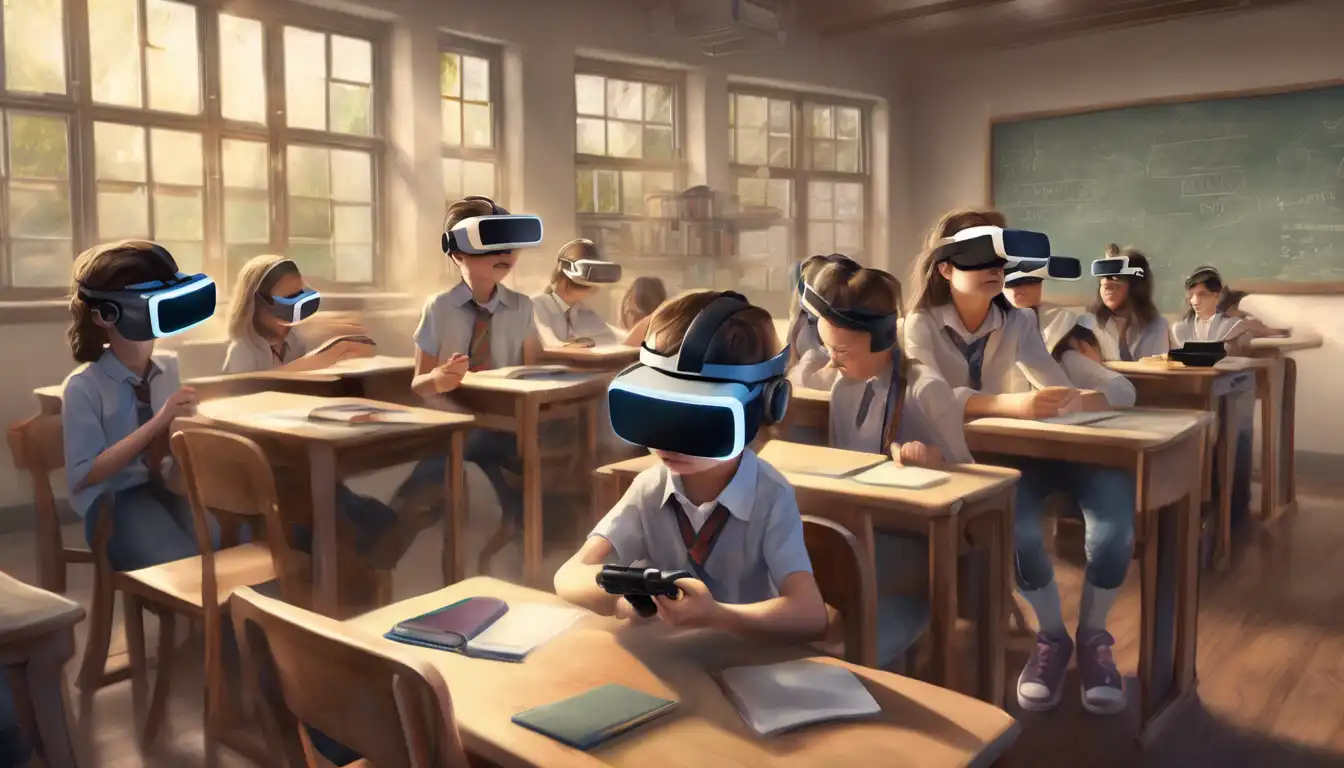The Transformative Impact of Virtual Reality in Learning Environments
Virtual Reality (VR) technology is revolutionizing the educational landscape, offering immersive learning experiences that were once beyond imagination. By simulating real-world environments, VR provides students with unique opportunities to explore complex subjects in a hands-on manner, making learning both engaging and effective.
Why VR in Education?
The integration of VR into educational settings addresses several challenges faced by traditional learning methods. It caters to various learning styles, enhances retention rates, and makes abstract concepts tangible. From virtual field trips to interactive science experiments, VR brings lessons to life, fostering a deeper understanding of the subject matter.
Benefits of VR in the Classroom
- Enhanced Engagement: VR captivates students' attention like never before, turning passive learners into active participants.
- Improved Retention: Immersive experiences help in better retention of information by engaging multiple senses.
- Accessible Learning: VR makes education more inclusive, allowing students from different geographical locations to access the same quality of education.
- Safe Environment: It provides a safe space for students to practice skills, such as surgical procedures for medical students, without real-world consequences.
Challenges and Considerations
Despite its potential, the adoption of VR in education comes with its set of challenges. High costs, the need for technical infrastructure, and the development of quality educational content are significant barriers. However, as technology advances and becomes more affordable, these challenges are gradually being overcome.
The Future of VR in Education
The future of VR in education is bright, with ongoing advancements promising even more innovative applications. From personalized learning experiences to global classroom collaborations, VR is set to redefine the boundaries of education. As educators and technologists continue to explore its potential, VR will undoubtedly play a pivotal role in shaping the future of learning.
For more insights into innovative learning technologies, explore our EdTech Trends section.
